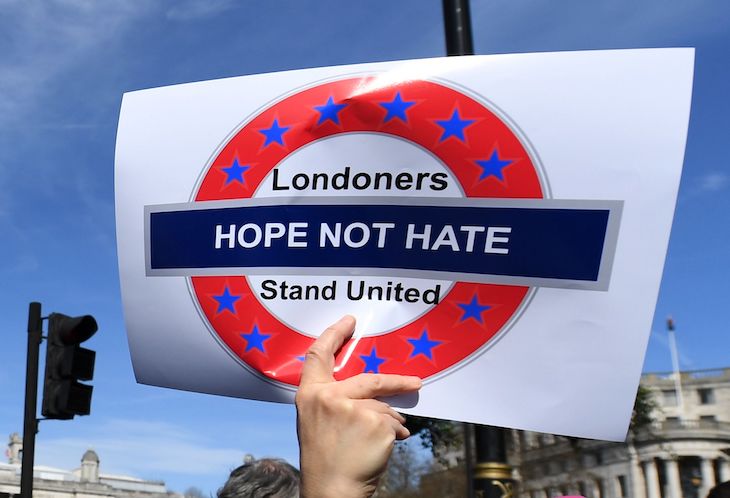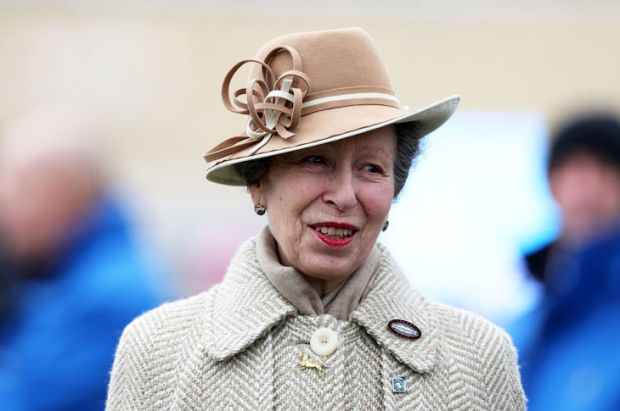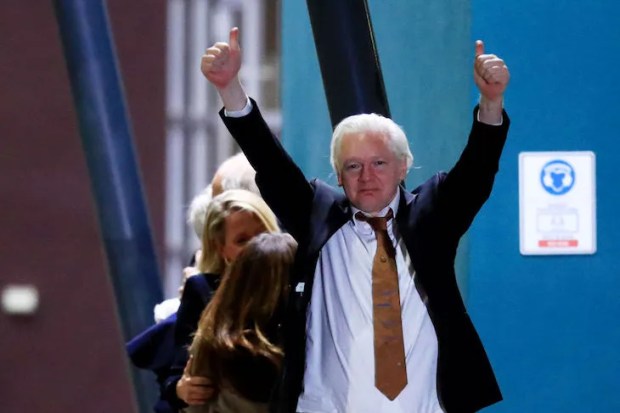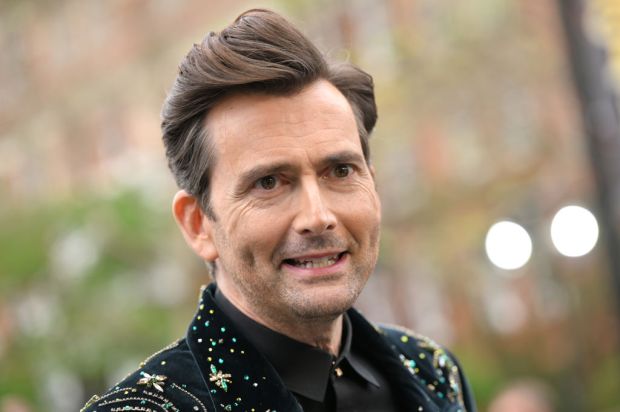You would think that a group called ‘Hope not Hate’ would have a lot of important things to talk about at the moment. It could look at how the threat of Islamist extremism is corrupting our democracy, for instance. It might raise the alarm about the MPs unwilling to vote with their conscience when it comes to Gaza because they are ‘terrified’.
Already a subscriber? Log in
Subscribe for just $2 a week
Try a month of The Spectator Australia absolutely free and without commitment. Not only that but – if you choose to continue – you’ll pay just $2 a week for your first year.
- Unlimited access to spectator.com.au and app
- The weekly edition on the Spectator Australia app
- Spectator podcasts and newsletters
- Full access to spectator.co.uk
Or




















Comments
Don't miss out
Join the conversation with other Spectator Australia readers. Subscribe to leave a comment.
SUBSCRIBEAlready a subscriber? Log in